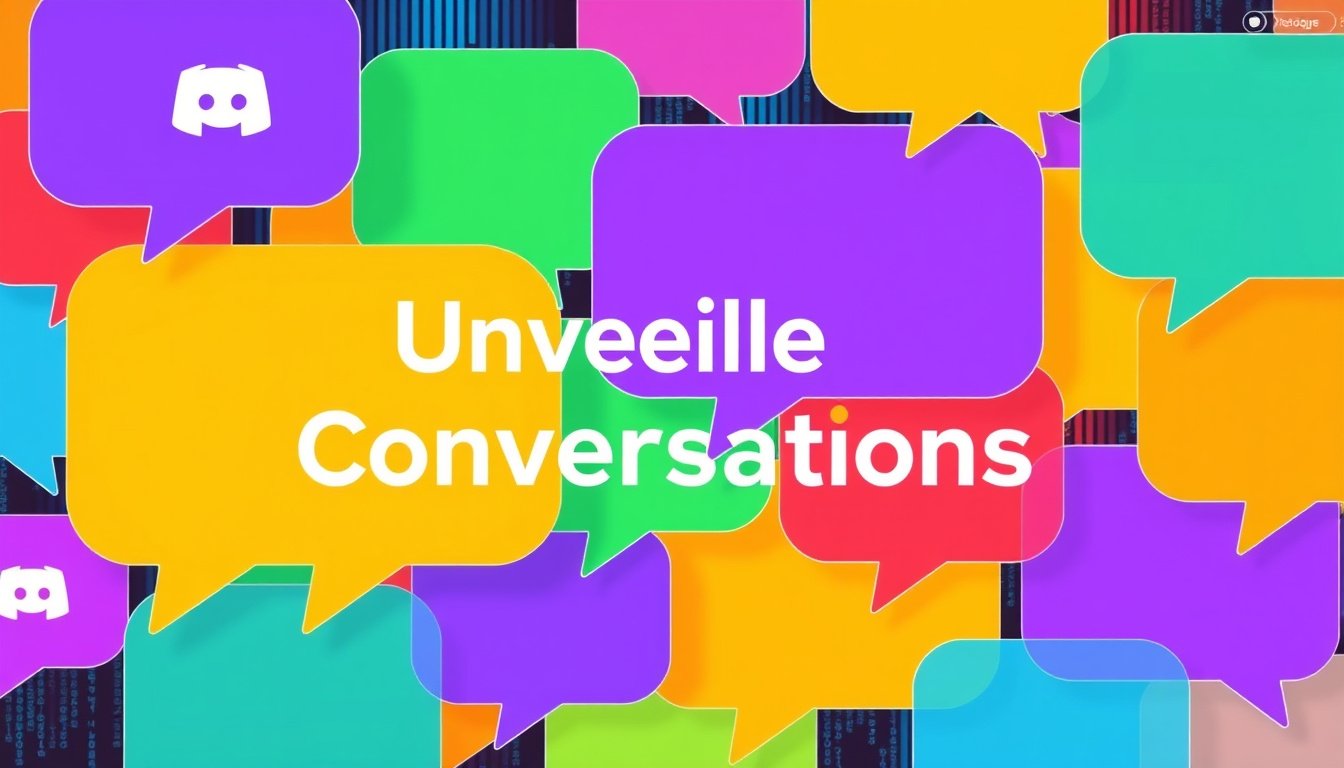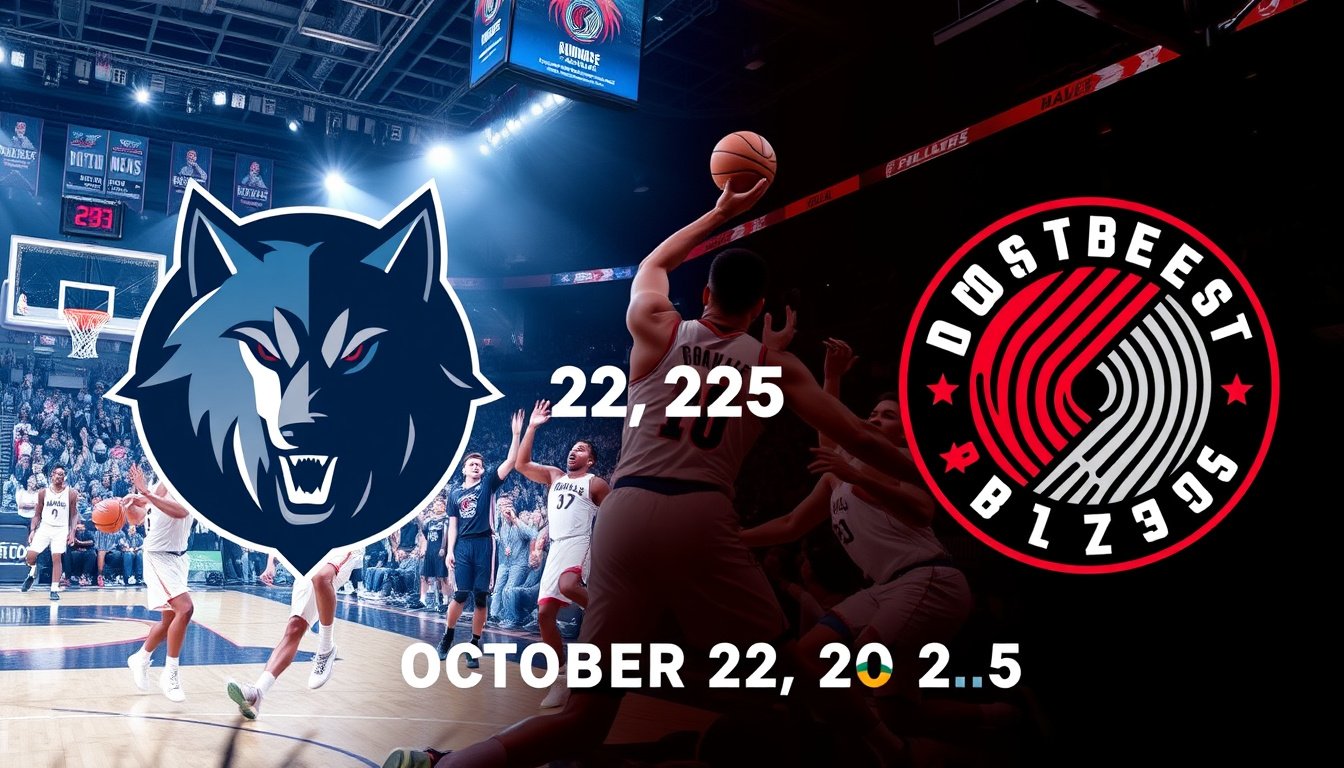In a groundbreaking revelation that raises significant questions about privacy and online communication, researchers from Brazil recently released an extensive database of over 2 billion messages scraped from Discord, a popular platform for gamers and community interactions. This data, which includes conversations from more than 3,100 servers, showcases activity dating from 2015 to 2024, encapsulating nearly a decade of digital dialogue.
The Scope of the Data
The researchers utilized Discord’s public API to gather a staggering 10% of messages from a variety of open servers. According to reports, the amassed information is structured in a public JSON file, ostensibly with anonymized user data to protect identities. However, many users remain understandably uncomfortable with the mere existence of their digital communications, even in an anonymized format, being accessible online. This act of scraping raises profound ethical considerations about user consent and data privacy in an age where personal footprints on the internet can have lasting repercussions.
The Emergence of Searchcord
echoing amidst this data release is a tool developed independently by a different programmer called “Searchcord.” Unlike the scraped messages, Searchcord reportedly offers non-anonymized chat histories gathered from a distinct dataset, amplifying the concerns regarding data privacy and ethical practices in the usage of open-source platforms. The existence of such a tool highlights the potential for misuse that accompanies large-scale data scraping and the ease with which conversational histories can be accessed and exploited.
Ethical Implications of the Release
The publication of this database ignites a complex debate about data ethics in the digital realm. While the researchers may argue they are contributing to the wider understanding of online interactions and conduct within communities, the implications for personal privacy cannot be overstated. Users, often unaware of the extent to which their data can be harvested and analyzed, find themselves facing new vulnerabilities. Discord, like many platforms, operates on the principle of community and sharing; however, this act of data extraction distorts that trust, leading to an erosion of privacy fundamentals.
Community Reactions and Future Considerations
The reactions from the online community have been mixed—some users express outrage and concern over the violation of privacy, while others discuss the potential for academic and sociological insights that such a database could provide. The ethical minefield deepens with every discussion as users grapple with their digital identities being part of a public repository.
As cautionary tales continue to emerge around data scraping and its implications, it becomes critical for platforms like Discord to revisit their ethics and user agreements. Striking a balance between open accessibility and protecting user privacy will be essential in navigating the future of online communication.
Conclusion
The emergence of tools like Searchcord and the release of billions of scraped messages not only spotlight the burgeoning complexities of data ethics but also serve as a reminder of the responsibilities both researchers and tech companies hold regarding user data. As this discourse continues, it beckons a reflection on the intersection of technology, privacy, and community, urging a more conscientious approach to how online conversations are treated in the digital landscape.










